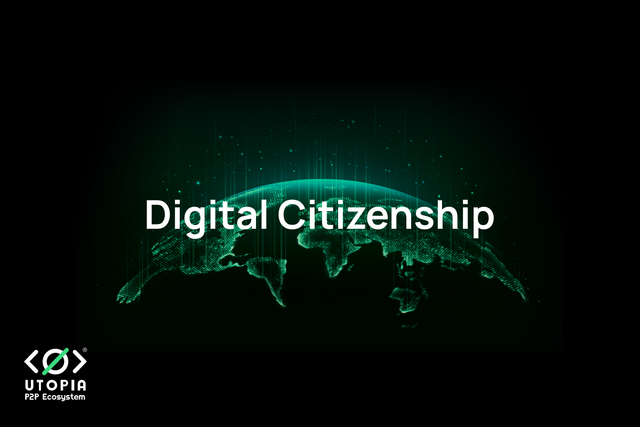
Our world today is the internet. Almost every one of us spends more time in the online space than offline.
Moreover, we are always in touch thanks to the internet. We wake up and the first thing we do is check our news feed. We take a shower and listen to various podcasts and music. We have breakfast and watch funny videos on YouTube. We go to work and correspond with friends and relatives. After work, we turn on a TV series and relax. Before going to bed, we check the news feed again for important events. Finally, we are sleeping – but our internet traffic is still working.
It seems that the internet knows absolutely everything about us: what we like, who we communicate with, what movies we watch and what music we listen to, what we prefer to eat for breakfast/lunch/dinner, what country are we planning our vacation to, and so on.
Let’s agree that the list of what the internet knows about us can be continued indefinitely. However, the questions arise: How much do we know about the internet? By what laws does it work? Are there any rules for its use? Few of us think about it. Although the internet lives by its laws and rules, each of us should follow them.
Have you heard of the concept of digital citizenship?
Digital citizenship means responsible and ethical use of the latest technologies. It includes many concepts such as online security, protection, anonymity, etc.
In addition, the main element of digital citizenship is an understanding of how the latest technologies affect the individual and society as a whole. It is understanding the advantages and dangers technology can carry, and if used incorrectly, how they can become disastrous for humanity.
That's why digital citizenship is important. Just as we all need to learn how to be citizens of our countries – both explicitly, from authoritative persons, and implicitly, through our participation in society – we also need to learn how to be good digital citizens.
Digital citizenship is so important for both micro and macro reasons. At the micro level, our personal interactions online from digital social media communities to messaging apps and comment sections can have a real and lasting impact on our mental health. Our brains have not developed the ability to recognize the emotional difference between online threats and threats of the "real world." It means that negative interactions can cause a sharp reaction to stress and lead to negative consequences for mental and physical health.
At the macro level, recent global events highlight how digital citizenship can have a direct impact on practical citizenship, in both positive and negative ways. For example, Twitter was vital to the 2011 Arab Spring uprising, helping activists communicate quickly and widely. However, Facebook has been a key player in spreading disinformation that has negatively affected events ranging from the US election to the genocide of Rohingya Muslims in Myanmar.
In other words: online life is real life. And we all must treat this appropriately.
The idea of digital citizenship is based on equal rights and freedoms related to:
- Internet access.
- Searching, receiving, and transmitting information.
- Freedom of speech.
- Use, creation, and publication of digital works.
- Protection of personal data.
- Privacy, security, and privacy.
In other words, being a digital citizen means being able to use digital technologies to communicate and access information – from e-government and banking services to social networks and digital e-commerce platforms – and do so in a way that is safe.
Digital citizenship for each of us
In simple words, digital citizenship means each of our compliance with the rules and responsibilities for the security and reliability of data in the internet space: the use of private channels for communication and data transmission, the choice of anonymous and non-tracking browsers, the use of reliable and diverse passwords, and following the simplest security rules to avoid hacker attacks and data leaks.
One such tool that helps to adhere to the principles of digital citizenship is Utopia P2P. This is a new generation ecosystem built on decentralization and peer-to-peer data transfer technology. It is completely anonymous and does not have a single server for storing data. All data is stored on specially created crypto containers, with unique access for each user.
Utopia P2P has all the necessary tools for secure online activity in its arsenal: instant messenger, encrypted email, anonymous browser, crypto wallet, and much more. All the tools are a reliable foundation for the development of digital citizenship and following its rules.
Become a part of digital citizenship today with Utopia P2P!